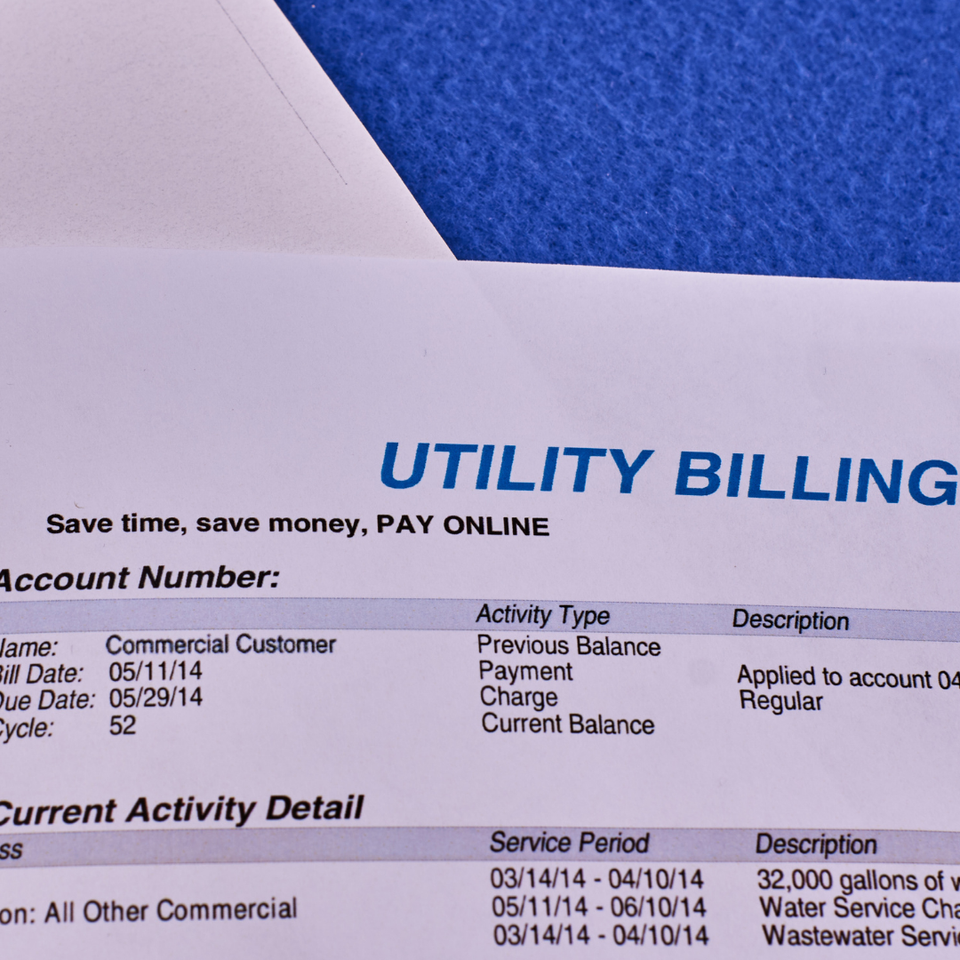Do I need to pay the water bill I just received even though I just bought the house?

Short Answer:
Maybe. Your first call should be to the title company or attorney that handled your closing. In the DC, Maryland and Virginia metropolitan area, many title companies hold money in escrow from the seller to pay the final water bill.
Longer Answer:
A client that recently closed on their home called me recently. They just got a bill from the water company and ask me "Do I need to pay the water bill I just received even though I just bought the house?"
The answer to this question can vary based on several factors, including the timing of the bill, the terms of your purchase agreement, and local regulations.
Understanding the Billing Cycle
Water bills are typically issued on a monthly or quarterly basis, depending on your local water utility company. When you purchase a home, there is often a transition period where the previous owner's usage overlaps with your ownership. It's essential to determine the billing cycle and the period covered by the bill you received.
Reviewing the Purchase Agreement and Final Closing Statement
Your purchase agreement should outline the responsibilities of both the buyer and the seller regarding utility bills. In many cases, the seller is responsible for paying all utility bills up to the closing date, while the buyer takes over from that point forward. Many settlement agents/attornyes may hold back from the seller's proceeds a small amount to pay for this bill. Therefore, a call to the company that handled your closing would be a good idea.
Conducting a Final Meter Reading
To ensure a fair division of the water bill, a final meter reading is usually conducted on the closing date. This reading helps determine the exact water usage by the previous owner and the new owner. If a final meter reading was not done, you might need to contact your water utility company to arrange one.
Settling Outstanding Bills
In some cases, the previous owner may have left unpaid utility bills. Depending on local regulations, these outstanding bills might become a lien on the property, meaning you could be responsible for paying them. It's advisable to check with your real estate agent or attorney to understand the local laws and ensure all outstanding bills were settled during the closing process.
Communicating with the Water Utility Company
If you receive a water bill that includes charges for a period before you took ownership of the house, it's essential to contact the water utility company. Provide them with the closing date and any relevant documentation to clarify your responsibility. Most utility companies are accustomed to handling such transitions and can adjust the bill accordingly.
Conclusion
In summary, whether you need to pay the water bill you just received after buying a house depends on several factors, including the billing cycle, the terms of your purchase agreement, and local regulations. Your first phone call should be to the company that help close the purchase of your home.
If you have questions about real estate or mortgages, please reach out at teamjd@mainstreethl.com
These blogs are for informational purposes only. Make sure you understand the features associated with the loan program you choose, and that it meets your unique financial needs. Subject to Debt-to-Income and Underwriting requirements. This is not a credit decision or a commitment to lend. Eligibility is subject to completion of an application and verification of home ownership, occupancy, title, income, employment, credit, home value, collateral, and underwriting requirements. Not all programs are available in all areas. Offers may vary and are subject to change at any time without notice. Should you have any questions about the information provided, please contact me.
Find more answers to questions at www.jdanswersquestions.com
